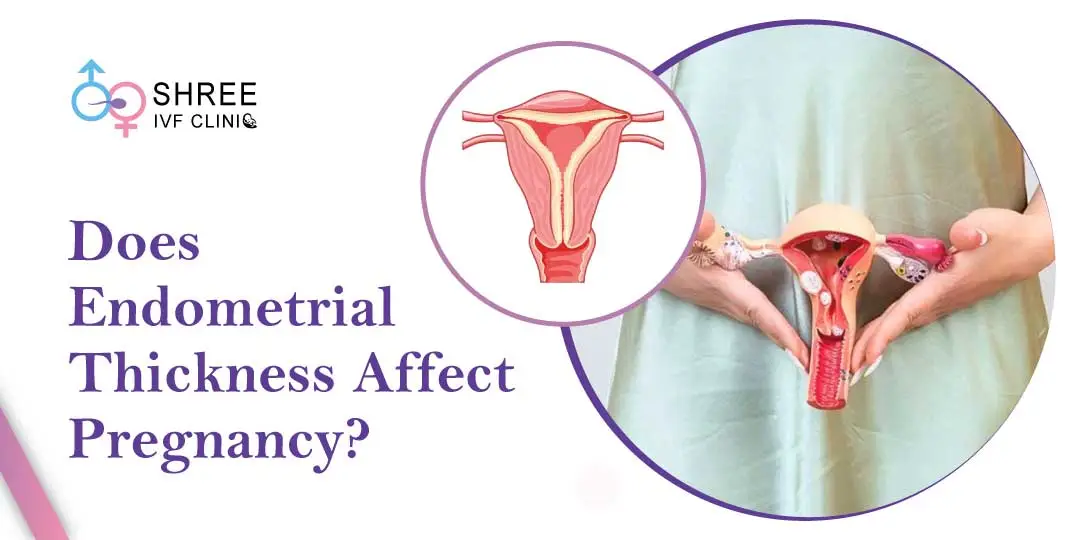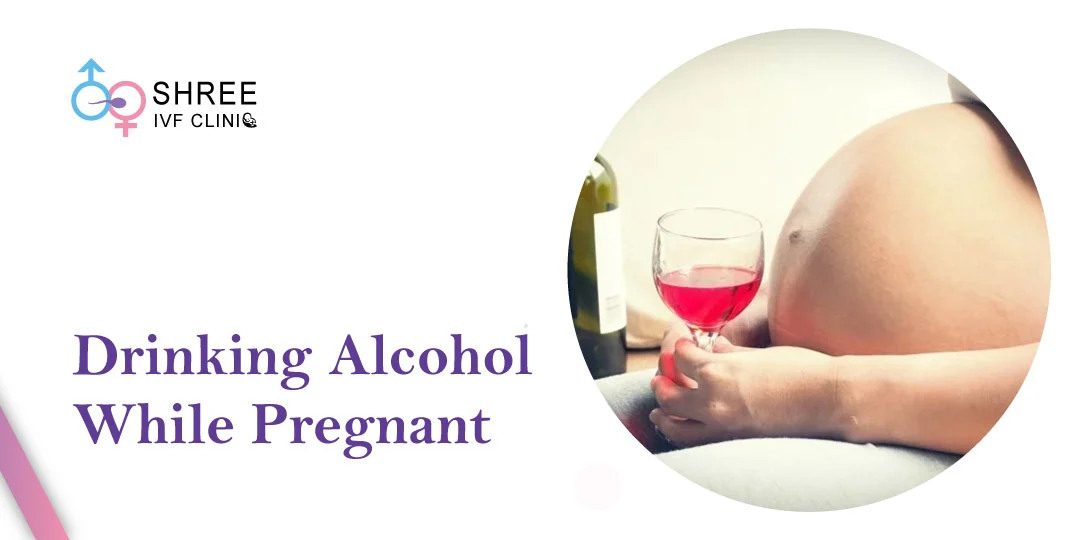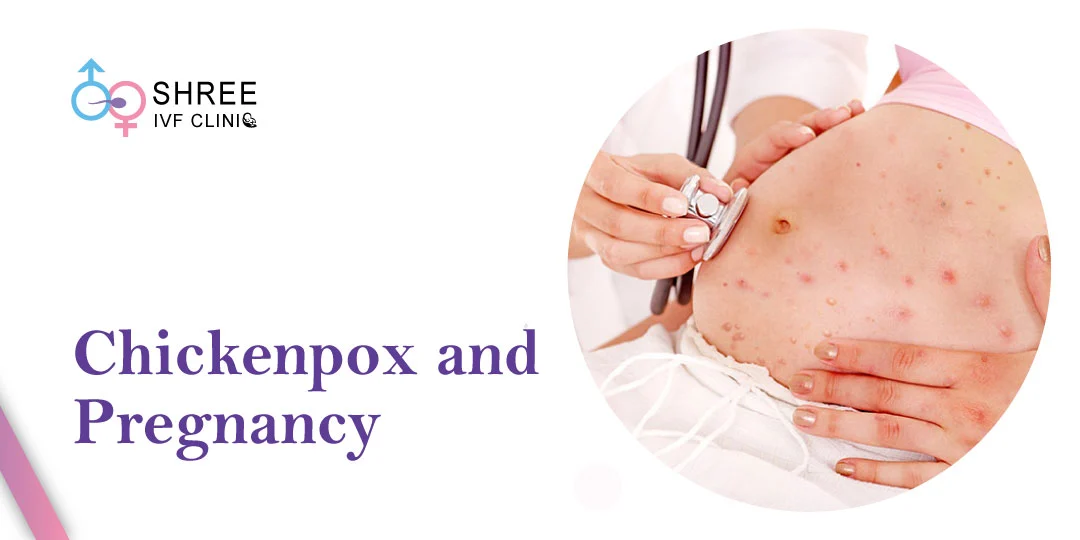Is It Possible to Get Pregnant With Your Eggs After 40?
UPDATED ON 17 DEC. 2021
Women beyond the age of 40 possess a lower reproductive capacity than young females. They may have a much lower likelihood of effectiveness with reproductive therapies such as In Vitro Fertilization. Whenever partners try to conceive on their own, the major reproductive issue that affects their likelihood of succeeding is connected to the condition of those eggs. The problem that limits the chances of success of therapies, including Embryo transfer, is both egg condition and egg amount.
In vitro fertilization is a complicated set of techniques to improve fertility, eliminate genetic abnormalities, and aid in childbirth.
AUTHOR
Dr Jay Mehta
Scientific Director & IVF Specialist with 10+ years of experience
TREATMENT
GET IN TOUCH ON
An overview
Throughout Fertility treatment, matured embryos are extracted from the ovaries and fertilized in a laboratory using sperm. The fertilized embryo or embryos are then transported to the womb. A whole embryo transfer procedure takes roughly three weeks. Those phases are sometimes divided into sections, which causes the procedure to take more time.
Fertility treatment is by far the most efficient type of artificial reproductive technique. The treatment can be performed with the pair’s biological embryos and semen. Alternatively, IVF may use eggs, sperm, even embryos via a verified or unknown source. A prenatal carrier, or somebody who possesses an embryo placed in their uterus, may be employed in some instances.
Several factors, including your age and the reason for infertility, influence your likelihood of conceiving a healthy child with IVF. Fertility treatment can be laborious, costly, and intrusive. IVF may lead to a pregnancy involving over one baby when more than one egg is implanted into the womb.
Your physician can explain how IVF performs, the dangers involved, and if this way of treating fertility issues is suitable for you.
Why is it performed?
In vitro fertilization is used to treat fertility issues or genetic disorders. When IVF is used to manage fertility problems, you and your spouse may consider less intrusive treatment options first, such as fertility medicines to enhance egg formation or artificial insemination–a process in which sperm are inserted directly into the womb right around the period of ovulation.
IVF has been sometimes recommended as the main therapy for fertility problems among women over 40. When you have specific medical issues, we can perform IVF. IVF, for instance, could be a workable alternative when you as well as your spouse have-
Damage or obstruction of the fallopian tubes:
Injury or obstruction of the fallopian tubes makes it challenging for the egg to fertilize successfully or perhaps the embryo to move to the womb.
Ovulation problems:
When ovulation is rare or missing, fewer embryos are present for fertilization.
Endometriosis:
Endometriosis happens whenever tissue identical to the womb wall penetrates and develops the exterior of the womb, frequently interfering with the functionality of both ovaries, womb, and fallopian tubes.
Fibroids in the uterus:
Growths are uterine tumours that are not cancerous. They are frequent among women within their thirties and forties. Fibroids can obstruct the delivery of a fertilized egg.
Tubal sterilization or removal in the past:
Tubal occlusion is a method of sterilization wherein the fallopian tunnels are removed or closed to prevent conception permanently. IVF could be a better option than tubal ligation restoration surgery if you get pregnant after tubal closure.
Inadequate sperm development and function:
Poor sperm density, sluggish sperm motility, or defects in sperm width and length might make it extremely challenging for the sperm to fertilize an egg. When defects in the sperm are discovered, a visit to the infertility expert may be required to determine whether there are any correctable issues or other medical issues.
Unknown cause of infertility:
Unspecified infertility shows that no reason for fertility problems has been identified after testing for typical reasons.
A genetic condition:
When you and your spouse are in danger of transmitting down a genetic disease to your kid, you might have been a match for IVF-based preimplantation genomic screening. After the embryos have been retrieved and fertilized, they are checked for genetic issues, though not every genetic disorder can be detected. Embryos that don’t have any known abnormalities can be transplanted to the womb.
Fertility retention in the presence of cancer or even other medical conditions:
When you begin therapy for carcinoma that might affect your reproductive performance, including radiotherapy and chemotherapy, IVF during fertility maintenance might be a possibility. Females can get their eggs extracted from their reproductive organs and preserved as an unfertilized form for future use. Alternatively, the eggs might be fertilized and saved as embryos for later use.

4,790+
379K+
” Every individual and couple’s journey is unique, and
finding the right solutions tailored to their specific
circumstances can make all the difference “
Related Post
Some risks of IVF may include:
Some complications of IVF are;
Births in multiples:
When over one egg is transplanted to your womb during IVF, the possibility of multiple babies rises. Conception with multiple fetuses is associated with a greater risk of premature labour and poor baby mass than conception with a singular fetus.
Premature birth with a poor baby body mass:
According to research, IVF marginally increases the baby’s likelihood of being born prematurely or having a poor birth mass.
Ovarian hyperstimulation disease (OHSS):
Intravenous fertility medicines, including human chorionic gonadotropin, will produce ovarian hyperstimulation disorder, which causes your reproductive organs to become enlarged and irritable.
Conclusion
With advancements in medical science and procedures like IVF, you have a high chance of becoming pregnant with your own eggs. For this, consult an expert and see what option can help you.
AUTHOR
Dr Jay Mehta
Scientific Director & IVF Specialist with 10+ years of experience
TREATMENT
CALL US 24/7 FOR ANY HELP
GET IN TOUCH ON
Share Article on
Recommended Reading
Endometriosis Thickness and Its Impact on Pregnancy
A good endometrial thickness (8-14 mm) is essential for pregnancy, especially in women with endometriosis. Learn how it impacts fertility and conception
Drinking in Early Pregnancy Without Knowing
Early pregnancy alcohol consumption raises risks of miscarriage and Fetal Alcohol Spectrum Disorders (FASD), affecting the baby’s health and development
Is Chickenpox Dangerous in Pregnancy?
Chickenpox in pregnancy is risky for the unvaccinated, yet if you’ve had it previously, your strong immune defenses protect both you and your baby




